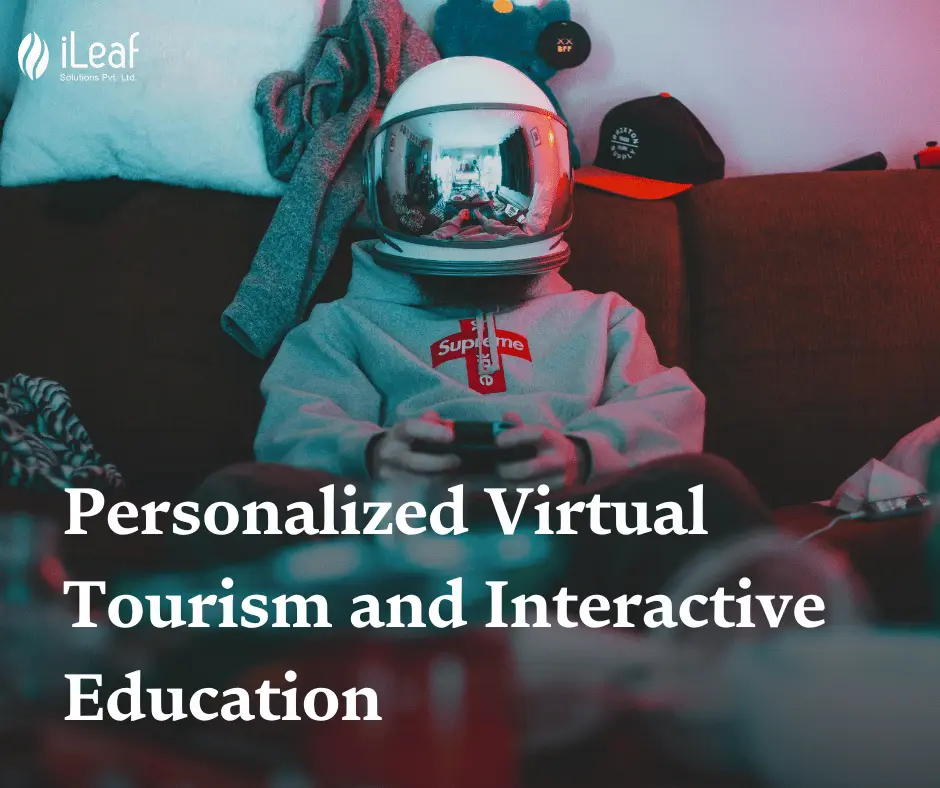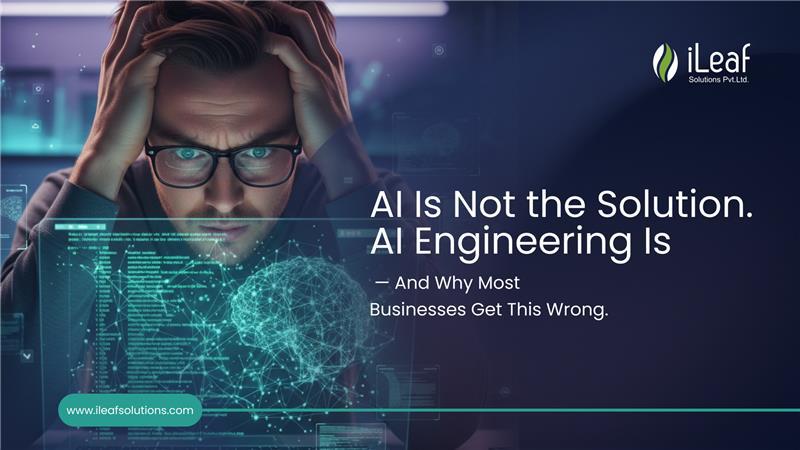Unlocking the Metaverse: Personalized Virtual Tourism and Interactive Education

Table of Contents
- Introduction
- Understanding the Metaverse
- AI's Crucial Role in the Metaverse
- Revolutionizing Personalized Virtual Tourism with AI in the Metaverse
- Facilitating Interactive Education through AI in the Metaverse
- The Future Implications of AI and the Metaverse
- Embrace a New Era of AI-Powered Virtual Experiences in the Metaverse
Imagine exploring the bustling streets of Tokyo or scaling the majestic peaks of Mount Everest, all from the comfort of your living room. The burgeoning concept of the Metaverse, a network of interconnected virtual worlds, promises to revolutionize how we experience reality. Fueled by advancements in Artificial Intelligence (AI), the Metaverse holds the potential to transform not only entertainment but also education and business.
This blog delves into the exciting possibilities of AI-driven virtual experiences within the Metaverse, focusing on personalized virtual tourism and interactive education. We'll explore how AI can tailor virtual travel experiences, enhance educational simulations, and ultimately, shape the future of human interaction in a digital realm.
Understanding the Metaverse
The Metaverse can be understood as a persistent, interconnected network of 3D virtual worlds accessible through virtual reality (VR) and augmented reality (AR) technologies. Think of it as a seamless blend of the physical and digital worlds, where users can interact with each other and digital environments in real-time. Tech giants like Meta (formerly Facebook) and Microsoft are heavily invested in building the infrastructure for this next-generation internet.
The Metaverse is still under development, but the potential applications are vast. With the continued evolution of VR/AR technology and the integration of AI, we can expect a paradigm shift in how we work, learn, and socialize.
AI's Crucial Role in the Metaverse
AI acts as the invisible engine driving the Metaverse, personalizing experiences and making virtual interactions more realistic and engaging. AI algorithms can analyze user data to tailor virtual environments to individual preferences. Imagine exploring a virtual replica of Paris with your preferred language guide or visiting historical landmarks brought to life with AI-powered simulations.
Here's how AI is poised to enhance virtual experiences in two key areas: personalized virtual tourism and interactive education:
1. Revolutionizing Personalized Virtual Tourism with AI in the Metaverse
Virtual tourism in the Metaverse offers a unique opportunity to explore destinations without geographical limitations. Here's how AI can further personalize the virtual travel experience:
Benefits of Using AI in Creating Personalized Virtual Travel Experiences
Tailored Itineraries: AI analyzes user preferences to suggest customized itineraries, including attractions, restaurants, and activities based on interests.
Language Translation in Real-Time: AI-powered language translation allows seamless communication with virtual guides and locals in the Metaverse.
Accessibility Features: AI can create virtual experiences accessible to people with disabilities, offering features like audio descriptions and haptic feedback.
1.1. Enabling Virtual Commerce Opportunities through AI Technology
Within virtual tourist destinations, AI can facilitate seamless e-commerce opportunities. Imagine browsing virtual shops with AI-powered chatbots providing personalized recommendations, or even attending virtual fashion shows where you can purchase outfits for your avatar.
1.2. Redefining Hospitality with AI-Powered Services in Personalized Virtual Tourism
The concept of remote work could extend into the Metaverse tourism industry. AI-powered virtual assistants could handle bookings, reservations, and offer concierge services, catering to the needs of virtual travelers.
1.3. Hosting Immersive Virtual Events for Personalized Tourism Experiences
AI can be used to create interactive virtual events within the Metaverse. Imagine attending cultural festivals or historical reenactments, all from the comfort of your VR headset.
2. Facilitating Interactive Education through AI in the Metaverse
The Metaverse presents a unique platform for interactive education, allowing students to learn through immersive simulations and experiences. Here's how AI can further enhance this potential:
Advantages of AI-Driven Interactive Learning Experiences
Personalized Learning Paths: AI can personalize learning journeys by identifying individual strengths and weaknesses, and tailoring content accordingly.
Adaptive Learning Environments: AI-powered virtual environments can adjust difficulty levels and provide real-time feedback to optimize the learning process.
2.1. Enhancing Engagement with AI-Powered Avatars and NPCs (Non-Player Characters)
AI-powered avatars and NPCs can act as virtual teachers or guides in the Metaverse, fostering interactive learning experiences. Imagine having a conversation with a virtual historical figure from a specific period or receiving personalized feedback from an AI-powered tutor.
2.2. Leveraging AI for Automated 3D Content Generation in Educational Simulations
One of the most exciting applications of AI in Metaverse education is the use of Generative Adversarial Networks (GANs) for automated 3D content generation. GANs are a type of AI that can create incredibly realistic and intricate landscapes. Here's how they can be used in education:
Benefits and Limitations of Using GANs to Generate Immersive Learning Environments in the Metaverse
Highly Immersive Learning Experiences: GANs can generate realistic historical settings, scientific simulations, or even fictional worlds, allowing students to learn through immersive experiences.
Cost-Effective Content Creation: AI-powered 3D content generation can significantly reduce the time and resources needed to develop educational simulations in the Metaverse.
However, it's important to acknowledge limitations. GAN-generated content may require human oversight to ensure historical accuracy or scientific validity. Additionally, the ethical implications of AI-generated content need to be carefully considered.
The Future Implications of AI and the Metaverse
The synergy between AI and the Metaverse has the potential to disrupt various industries. Businesses can utilize the Metaverse for training simulations, product demonstrations, and virtual conferences. The possibilities for social interaction and entertainment are also vast. However, to fully harness this potential, a strong understanding of the Metaverse and its underlying technologies is crucial.
Embrace a New Era of AI-Powered Virtual Experiences in the Metaverse
The future of virtual experiences hinges on the collaborative efforts of AI and human ingenuity. As AI technology continues to advance, we can expect even more immersive and personalized experiences within the Metaverse. This new era holds the potential to revolutionize how we learn, travel, and connect with the world around us. By embracing this new frontier, we can pave the way for a more engaging and enriching future.














